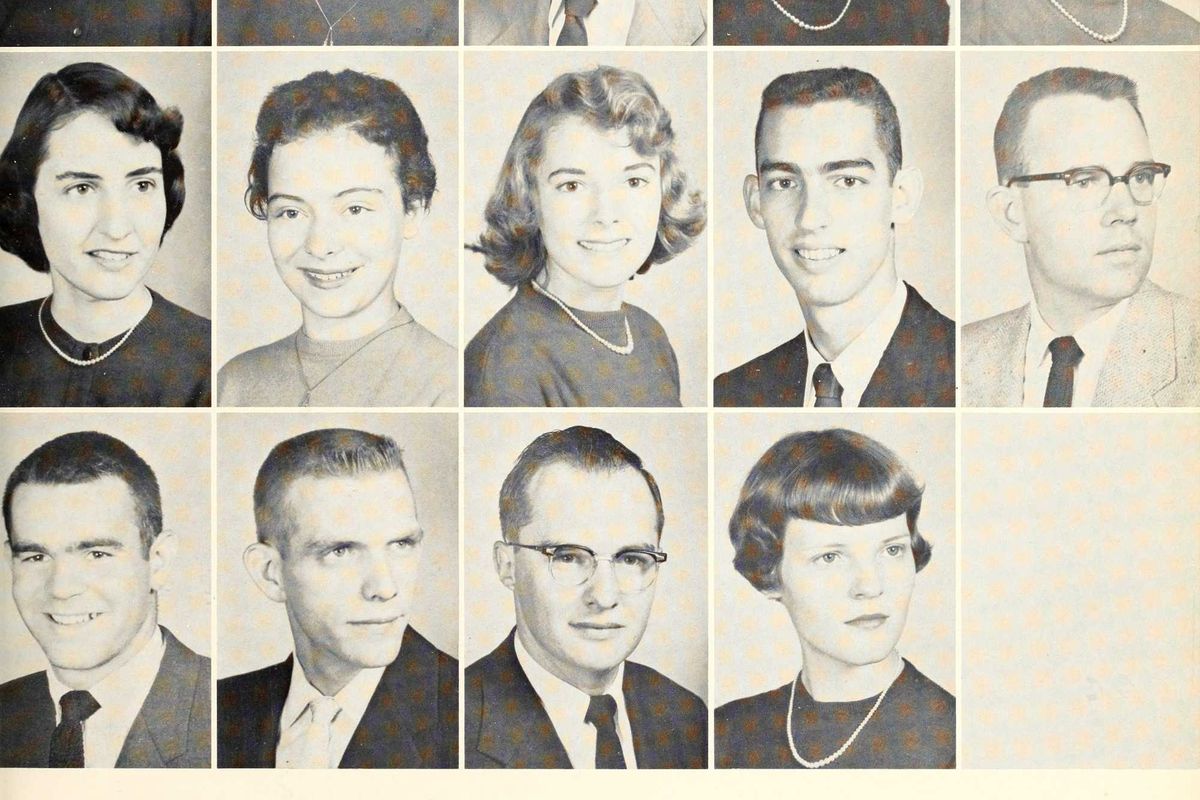People helped a dad explain his 'cheap' grocery purchases to his 11-year-old daughter
There's nothing wrong with buying generic products instead of brand names.

A dad with $5 in his wallet
Even though parents may try to shield their children from tough topics such as economics and social status, they develop their own sense of them as they age. Studies show that children as young as 5 know the difference between being poor, middle-class or wealthy.
By age 11, children are fully conscious of brands and see them as the “dominant feature in their product categorization compared with other perceptual attributes.”
A father was recently embarrassed by his 11-year-old daughter at the supermarket when she called him out for buying generic products instead of brand names. He shared the story on Reddit’s Mildly Infuriating forum, where many commenters shared advice on teaching preteens about household economics.
The post is probably relatable to a lot of parents who’ve had to tighten their budgets given the steep rise in prices over the past few years. When prices go up and your wages stay the same, providing for your family becomes even more difficult.
“Been food shopping with my kid for years. She's 11 now and has developed an opinion on everything. She questioned me on why I buy Pricerite (generic) brand items over brand name. I explained when you only have $100, you can't use it all up buying brand name foods, it goes further if you buy items at a good price,” the father explained in his post.
Even though the daughter seemed to understand her dad's point, she made fun of him to the cashier while they were checking out.
“Five minutes later, when checking out, the cashier greets us, ‘How are you doing today?’ my daughter replies, ‘It could be better. We can't eat brand-name food 'cause my dad is cheap... cheap like a bird.’ And flocks her arms and goes cheap cheap cheap cheap,” the embarrassed father shared.
A group of commenters stepped in to help the exasperated father teach his daughter how to make sound economic decisions while giving her a lesson in manners.
“Next time shopping, have her bring a calculator and put in the name brand prices for each item. Then when she gets to $100, say if we bought the name brand, this is all we would be getting, since we aren't, I can get more food,” SnooWords4839 wrote. “Hang in there, kids sometimes need visual aids while learning.”
Another commenter thought it would be a good idea for the child to learn generic and name-brand products are often quite alike. Maybe that way, she’d understand that her dad isn’t just frugal but smart.
“Do a blind taste test sometime between generic and brand name,” Tubagoat suggested. “And ask her why someone would pay more for something that tastes exactly the same. Then when she thinks she's getting wise to your ways, blindfold her and have her taste two of the same store brand samples.”
Another person suggested a real-world way to teach a child about spending is by comparing cereal that comes in a bag versus the type that comes in a box.
“I once gave my kids $5 each to buy their favorite cereal (this, of course, was when name brand cereal was about $3 a box) they were happy to have their favorite name brand but quickly realized it didn’t last as long as the bag cereal mom buys,” ColorMeSlowly wrote. “They were disappointed and never asked for their name-brand cereal again.”
Another commenter believed the real lesson the daughter should take from the exchange is about respect.
“This is not about money, this is your child being absurdly disrespectful to you,” Luxxielisbon wrote. “Even if you were cheap and not budget conscious, that’s still your decision (assuming of course children are not being neglected). I would never presume to tell my parents what to do with their money. When she earns her own, she can decide how to spend it.”
Making it through hard times is an exercise in resourcefulness but also one in character. It teaches us to be resilient, adaptive, gracious and, most importantly, humble. For parents, hard times can also be a way to impart those tough lessons to our children so they can navigate the tough times in their lives with grit and grace.
This article originally appeared on 8.22.23
- Shaquille O'Neal makes his kids write a business plan before he'll give them any of his money ›
- Kids raise money for inclusive playground equipment for their classmates with disabilities ›
- This small-town school didn't have money for a science fair. So parents made their own. ›
- 'How are people affording life right now?' - Upworthy ›





 In a 4-day model, kids often (but not always) receive less instructional time. Photo by
In a 4-day model, kids often (but not always) receive less instructional time. Photo by 
 Smiling at work, checking messages during a break.
Smiling at work, checking messages during a break. Man focused on his phone screen, deep in thought.
Man focused on his phone screen, deep in thought. Focused multitasking at the office.
Focused multitasking at the office.